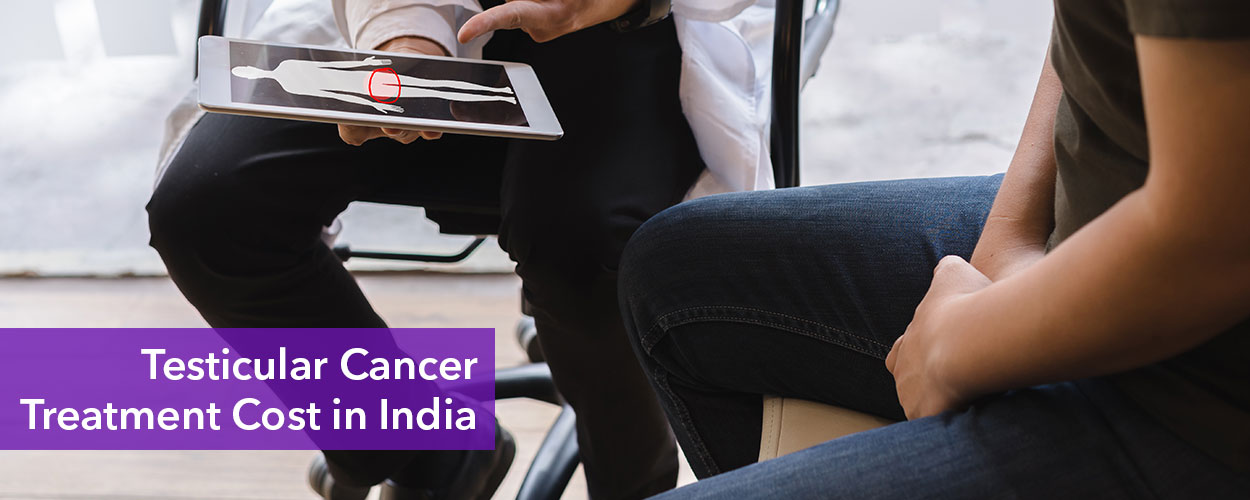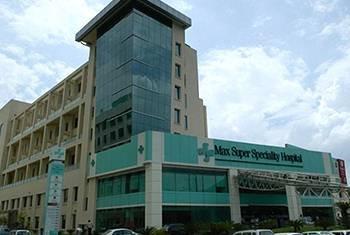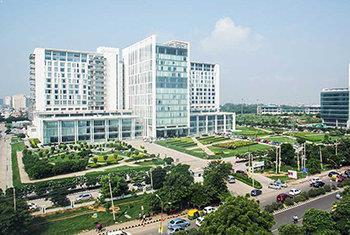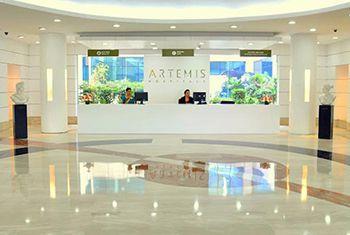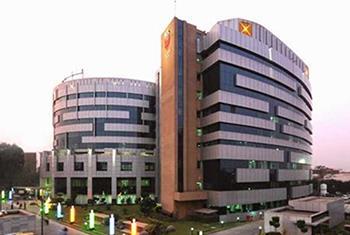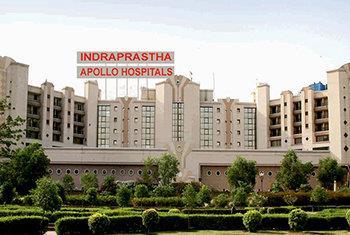Diagnostic tests for testicular cancer
A patient can detect testicular cancer themselves while doing a self-examination to check for lumps or during a routine checkup by a doctor. To confirm whether the lumps are formed because of testicular cancer, the surgeon may ask the patient to undergo one of the few or a combination of the following tests:
1. Ultrasound
An ultrasound test helps the doctor to determine the nature of the lumps that form in or outside the testicles; lumps can be solid or filled with fluid. During the ultrasound, the patient would lie on their back with the legs spread apart. The technician or lab assistant applies gel to the scrotum and moves the probe over it to form an ultrasound image.
2. Blood Tests
The next confirmative test for testicular cancer can be the study of the levels of tumor markers in the blood. Tumor markers are substances, mainly proteins, that normally occur in the body, but during testicular cancer, their levels elevate. However, the elevation of tumor markers alone can’t confirm testicular cancer. These blood tests help the surgeon to determine the diagnosis.
3. Radical inguinal orchiectomy
A radical inguinal orchiectomy involves the removal of the entire testicle by making an incision in the groin. After this procedure, the surgeon extracts thin slices of testicular tissue from and examines them under a microscope. This helps the doctor to analyze the type, grade, and stage of cancer to plan the treatment and further prognosis.
Testicular cancer is of two types:
- Seminoma – Seminomas are more common in men in their 40s. The spread of growth of seminomas is gradual, and they are mostly confined to the testis, although they can spread to the lymph nodes as well. Seminomas are a less aggressive form of testicular cancer.
- Nonseminoma – Nonseminomas usually affect teenagers and men in their early 30s. They are comparatively more aggressive forms of cancer.
